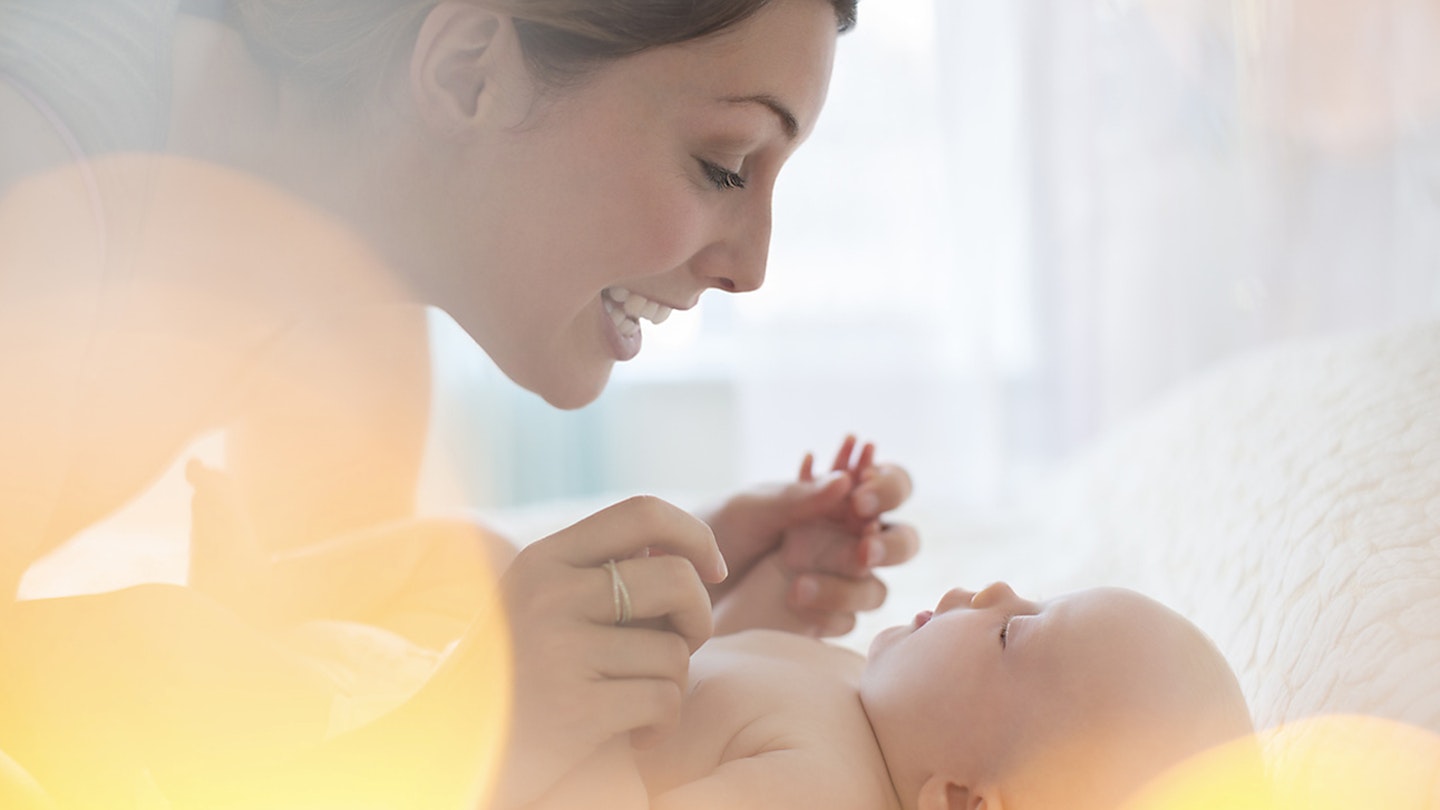Advertisement feature
Positively interacting and connecting with your baby is so important in developing trust and communication. Baby massage is proven to be hugely beneficial for your baby, as it promotes bilateral movements for your baby which means your baby is using both sides of the body and brain, which is hugely beneficial in their early development. It’s also proven to assist in strengthening the baby’s primary systems - this includes digestive issues associated with colic and general intestinal problems which is very common for young babies.
Baby massage has many benefits including:
• Babies who receive massage benefit from longer and deeper sleep intervals.
• Reduced stress behaviours have been noted in infants and young children who receive massage therapy.
• Infant massage has been shown to improve motor development, especially in premature infants.
• When infant massage is performed by the parents, there is improved interaction and bonding between the family members.
• For babies suffering with colic or trapped wind, baby massage is also of great value. Colic can have many causes, but in some cases, it is caused by temporary lactose intolerance. This means that some babies are unable to fully break down the lactose in breast milk and infant formula, causing discomfort in your baby. Including some simple baby massage techniques into your baby’s daily bedtime and bathing routine could help relieve some of the discomfort caused by colic.

Suitable from three months (from full term date) Colief’s Baby Massage Oil is the perfect accompaniment for trying baby massage – created with gentle skin in mind, this oil provides a warming, soothing and relaxing effect.
Colief Baby Massage Oil contains 100% natural ingredients including Sweet Almond Oil, Lavender Oil, Jojoba and Vitamin E, and absorbs quickly to help soften dry skin. It can be gently massaged into your baby’s skin to moisturise, soothe, and calm your baby, and the calming effect of the massage makes your baby feel cared and loved for.

It also encourages eye to eye contact, smiling and mutual interaction which is a great way to bond with your baby, and can also help babies who suffer from sleep problems relax and reduce crying and irritability.
Top Tips for successful baby massage
• Choose a time when your baby is at their most settled. It is good for you to be as relaxed as possible. If tension is present, it might be sensed by your baby causing them to become unsettled. The flow of relaxation will be felt through relaxed touch.
• Clean your hands before applying the oil. Apply the oil to your hands and rub hands together.
• Ask permission from your baby. Asking permission enhances healthy communication, respect, trust and teaches body autonomy.
• For tummy massage to soothe; rub oil in hands as warm as possible - this acts an immediate soothing and warming sensation for the tummy especially if baby is experiencing discomfort_._
There are times when it is not advised to massage baby. For example if your baby:
• Is feeling unwell/having an off day
• Has a fever
• Has any skin conditions, lumps, bumps or rashes
• No tummy massage directly after a feed – it is better to wait 40 minutes
• Has any undiagnosed illnesses
• Without health professional consent if your baby is under a medical team

To find out more visit the Colief website, or follow them on Instagram @coliefbabycare or on Facebook.
